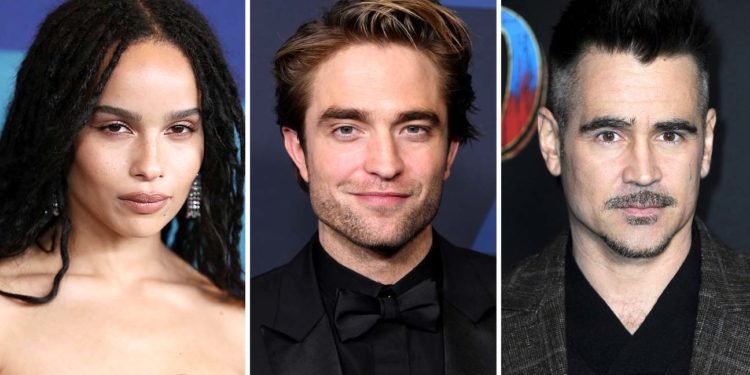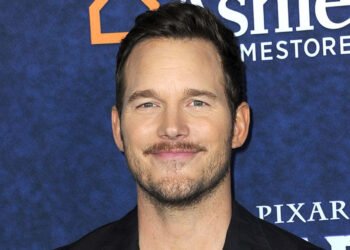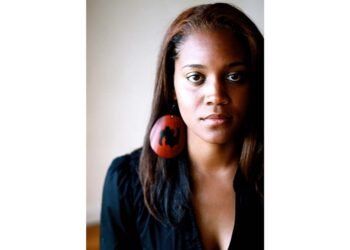Similarly, Farrell, a character actor that Hollywood tried to force into the box of leading man during the early 2000s, has emerged as one of our most versatile actors when allowed to let go of the kind of straight laced self-awareness that prevents too many leading men from losing themselves in a role. Wright is a consummate professional, and one of film’s great thespians who provides a solid foundation to every film or series he appears in. Serkis is a chameleon, whose ability to harness the craft is ahead of his time. Kravitz employs a kind of naturalism and sincerity that doesn’t carry a trace of affectation. And Dano not only held his own against Daniel Day-Lewis in There Will Be Blood, but he’s emotionally compelling in a way that echoes John Cazale. The talent that Reeves has gathered doesn’t simply seem like a “cool kids’ table” of names to sell, but a collection of artists who will breathe life into this world, rather than the other way around.
Even looking at the shortlists and failed negotiations that impacted Reeves’ film provide a lens into a film that is looking for performances a bit more off-kilter and surprising than what’s expected. Gotham City is a strange world, befitting actors willing to get strange and walk the line between naturalism and camp. The ability of Reeves to go from Jonah Hill (who once considered The Riddler or The Penguin) to Farrell speaks to his larger casting ambition, one that isn’t limited to body types, age or nationality.
Reeves has picked actors who might not match the look of comic counterparts to a tee, but have the acting capabilities to bring these characters to life in not only new ways, but lasting ones. It’s possible that The Batman will not only launch a new trilogy but create a larger Batman universe that includes characters like Batgirl and Nightwing. Longevity has become as equally important to superhero movie casting as talent. There is a need for actors who can commit to these roles for a long time, something that didn’t seem to be in Ben Affleck’s future given his career as a director. But look at the cast of The Batman and you largely see a group of performers who aren’t prone to scheduling conflicts or are tied up in half a dozen other franchises, or who typically seek out the kinds of films that would make their appearance in The Batman seem trivial and repetitive.
While Marvel Studios and the majority of films in the DC film universe have focused on getting the biggest names, or the kinds of names that lend themselves to breaking out within the celebrity machine and social media “stanning,” The Batman seems almost classic in the way it’s being cast. The previous Batman franchise, Christopher Nolan’s Dark Knight trilogy, was similarly drawn to character actors in the guise of leading men and women, like Christian Bale, Heath Ledger, Maggie Gyllenhaal, Tom Hardy and Gary Oldman. But Nolan saw his Batman films as social crime epics, and his casting choices largely felt in line with that line of thinking: prestige casting for prestige films. The same could said of Todd Phillips’ Joker, which the filmmaker has tried to distinguish from its comic book source material. Based on what Reeves has said about The Batman, and his own familiarity with the source material, the director is aiming for something that isn’t trying to be a grounded depiction of Batman, but one that feels pulled from the pages of the comics, all of the noir-influenced mystery and splashy, madcap glory. In this way, Reeves’ casting for The Batman harkens back to Richard Donner’s Superman (1978).
Part of what has contributed to the lasting legacy of Superman is its casting. Donner didn’t cast the film like an action movie with Clint Eastwood or Steve McQueen in the role of Superman. And he didn’t go the route of George Lucas’ Star Wars (1977) and cast mostly unknowns or once in-demand British actors. Instead Donner cast Superman like he was casting a New Hollywood film rather than a blockbuster. Gene Hackman, Marlon Brando, Ned Beatty, Jackie Cooper, Glenn Ford and Terence Stamp all gave the pic a level of class. And Margot Kidder, while still a relative newcomer, had a particular kind of presence that separated her from the leading ladies of the time. There’s a quirkiness to her characterization of Lois Lane that makes her feel human, rather than a trophy for Superman to win. And then there’s Christopher Reeve himself, whose brown hair and slender figure didn’t match the Superman of the comics. But he transformed into the role, making it his own, so much so that audiences still haven’t been able to forget his presence. There’s a lot of talk about how these comic book characters have become the modern equivalent of Shakespearean roles, made for multiple actors to put their stamp on. That’s largely true, but there are some roles that become fixed to a performer, so much so that every other person to take on the role pales in comparison.
This Superman quality seems to be what Reeves is chasing with The Batman. Not in terms of tone or style, but in terms of making a comic book film and casting it like a prestige picture. But not only casting it well, casting it so well that it will stand as the final statement on the live-action portrayal of these characters. Reeves isn’t just looking at how his film will be received the week of release, a year later or even a decade later. His casting choices suggest he’s looking at making a film that will stand the test of time, recognizing that there will be other Batman films, but that because of his cast, his will be the definitive take on the character, a signal that perhaps ushers in the next cycle of comic book movies.












































